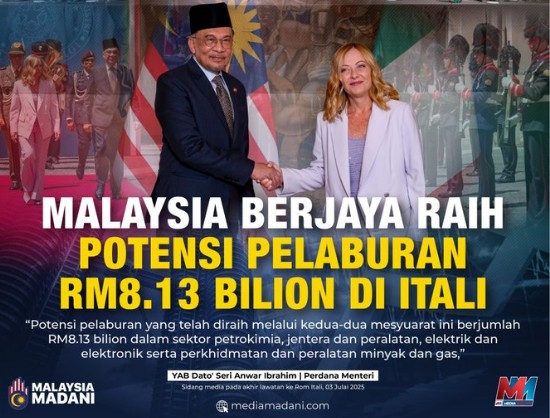PROFESSOR Geoffrey Williams, in his op-ed titled “What Labour Shortage?” which was published in FMT yesterday (Sept 14) might not be too wrong in saying that there is no real shortage of labour in the country.
Using selective labour statistics, he argued that with more than 3 million workers underemployed and unemployed, there is ready availability of workers, both unskilled and skilled.
Moreover with 7.3 million being not part of the workforce with 840,000 graduates, there is pool to be drawn upon by employers.
Unemployment, underemployment and the absence of skilled workforce seem to be much more imagined than real.
For Williams, the problem is not the absence of skilled workforce or lack of labour but something that is related to the way labour is employed, retained and remunerated.
Poor salaries, bad working conditions, inflexible working hours, lack of career opportunities including old style management and others that contribute to non-effective employment strategies.
In this respect, the Government – which should be part of the solution – is proving itself to be part of the problem.
Lack of effective implementation of labour laws, particularly the employment legislation, has made it difficult for improvements in the workplace.
In short, what Williams is saying is not something new, and I think trade unions have raised the matter over the years that underemployment or the lack of labour shortage might be something artificial.
Since employers are adamant about not improving working conditions at workplaces, there is reluctance on the part of the local workers to be engaged in employment.
Low wages and union-busting have not helped the situation.
It is not that the locals are not willing to work but they should be attracted by way of flexible engagement, better salaries, and better working conditions.
But yet the cry of labour shortage is so loud that lonely voices in the wilderness for better working conditions for local workers have been drowned out.
The country seems to think that bringing in foreign workers is the answer to address the persistent problem of “labour shortage” as local workers are unwilling to work under inhumane working and living conditions.
The used of forced labour in plantations and low-income sectors is another problem faced by local workers who are unwilling to work with employers who offer low wages while at the same time subject them to extra-economic coercion.
However, I take issue with Williams that there is no shortage of skills in the country.
Yes, thousands of graduates from public and private universities are churned out every year, but many of them are under-employed as their training and skills do not match the requirements of the private sector.
Them graduating from universities does not mean that they are automatically endowed with the relevant skills and talents.
There is serious mismatch between graduates that are being produced and the expectations from prospective employers, especially in the high-end industries.
The overall skills development in the country hovers around 30% with some states like Penang and Selangor possibly registering a higher percentage.
Having said that, the problem of skills shortage is something serious that needs to be addressed. Just because graduates are available does not mean they are skilled to the extent that they are relevant to industry needs.
A few months ago, as a result of our consultation with the private sector, the Penang state government made several suggestions to the federal government on how to address the persistent problem of skills and talent shortage.
A good start will be to examine what are being taught in universities and how relevant are science and technology subjects taught in universities to the needs of the private sector.
I might agree that there might exist a certain degree of artificiality when it comes to the matter of labour shortage especially in areas where employers are not willing to concede on improving working and living conditions.
As such, foreign labour is relied upon to offset material improvements to labour.
However, the shortage of skilled labour cannot be dismissed as imaginary but something that needs to be addressed to pilot the country on a developmental trajectory that is based on science and technology. – Sept 15, 2022
Prof Ramasamy Palanisamy is the state assemblyperson for Perai. He is also deputy chief minister II of Penang.
The views expressed are solely of the author and do not necessarily reflect those of Focus Malaysia.









